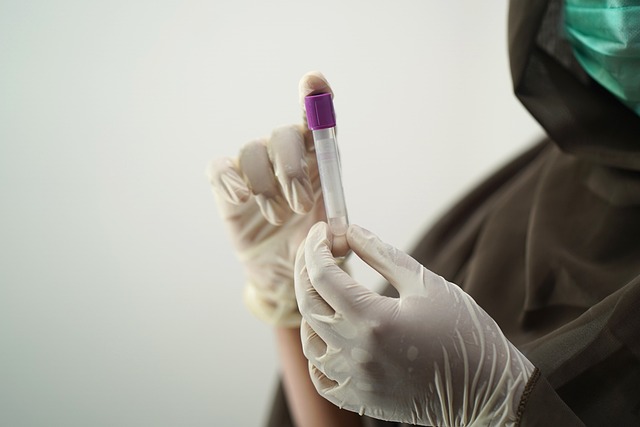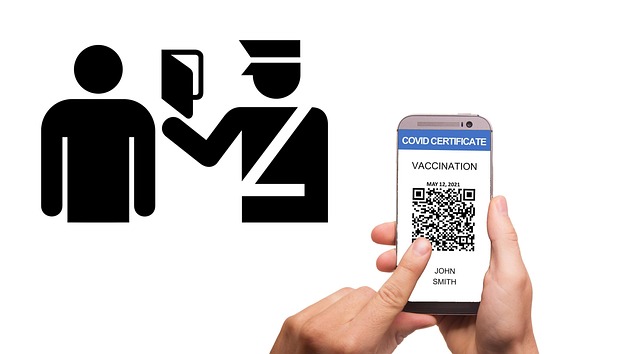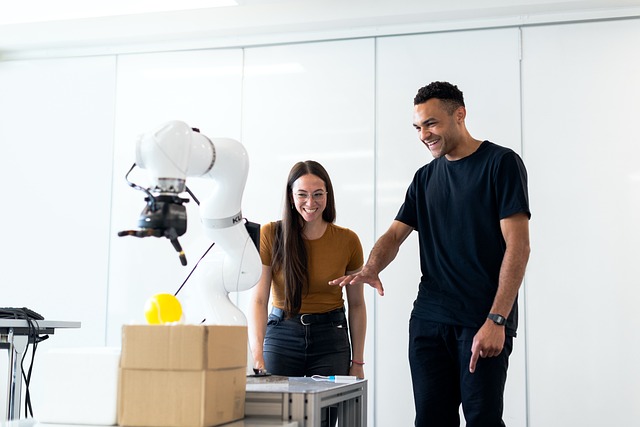Revolutionizing Diagnostics: The Futuristic World of Robot-Controlled Blood Tests
Imagine a world where the stress and discomfort of traditional blood tests becomes a thing of the past. Thanks to remarkable robot-controlled blood tests, this vision is fast becoming a reality. The fusion of advanced robotics and innovative health technologies is set to transform the way we approach diagnostics, ensuring a more efficient, accurate, and less invasive experience for patients around the globe.
Technological Innovations in Blood Testing
The evolution of medical diagnostics has always been intertwined with technological advancements. With the advent of automation and artificial intelligence, we are witnessing an extraordinary leap in the capabilities of blood testing. Robot-controlled blood tests harness the power of precision engineering to minimize human error and enhance the overall reliability of results.
These sophisticated robots are not just programmed to take samples; they can analyze and interpret data with unparalleled accuracy. By leveraging machine learning algorithms, they can identify patterns that may go unnoticed by the human eye, providing healthcare professionals with a wealth of information. For instance, these robots are capable of detecting potential health issues long before they escalate into serious conditions, leading to timely interventions and improved patient outcomes.
Health Innovations: A New Era of Patient Care
The role of robot-controlled blood tests goes beyond mere accuracy. These innovations significantly enhance patient experience and comfort. Traditional blood draws can be invasive and anxiety-provoking, causing distress for many individuals. With robotic assistance, procedures are streamlined, making them quicker and less daunting.
Imagine walking into a clinic where a friendly robot greets you, provides information about the testing process, and executes the procedure with skill and care. This not only alleviates anxiety but also builds trust between patients and healthcare providers. The future of diagnostics is not just about test results; it’s about creating a humane and supportive atmosphere for individuals seeking medical care.
Broader Implications for Healthcare
The integration of robot-controlled blood tests extends beyond individual clinics and hospitals. As this technology becomes more ubiquitous, we could see a significant shift in how healthcare is delivered globally. Remote diagnostics capabilities could revolutionize the way patients in rural or underserved areas access medical care. With robots capable of conducting tests in remote locations, patients can receive critical health assessments without having to travel long distances.
As we stand on the precipice of this new frontier in diagnostics, one thing is clear: the marriage of robotics and health innovations will not only enhance the accuracy and efficiency of blood test procedures but also fundamentally transform our relationship with healthcare. The future is bright, and we are on the verge of a revolution that promises faster, safer, and more accessible diagnostics for everyone.




